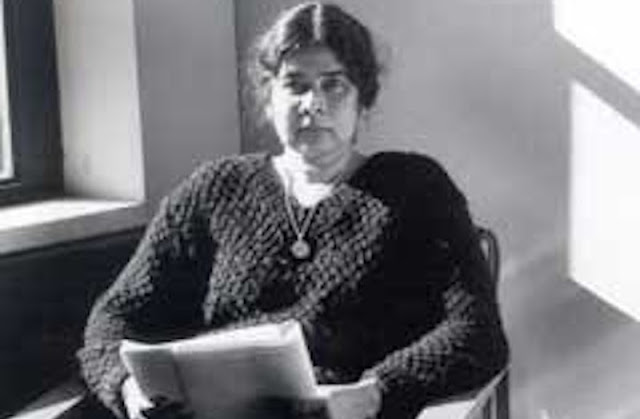·
A village in the southern coast
of Sri Lanka
·
The story depicts Sinhala
Buddhist culture through names and practices
Characters
1. Mahinda - The narrator – a university
educated westernized person with an increasingly broadening views on human
nature. He is capable of self-deprecating humour.
2. Loku Nanda
·
An obnoxious hypocritical unmarried
woman
·
“Unless they were her relations
Loku Nanda kept all men at a safe distance.” – appears to lead a chaste life by
choice; however, Mahinda’s description of LN raises the question whether her
chastity is really by choice.
·
She practices popular Buddhism
– does a lot of meritorious deeds but they are performed out of her need to
outshine others and a desire to obtain comforts in the next life
·
Commands respect form her
family and acts as the arbiter of family matters – smoking - “Everyone
acknowledged Loku Nanda to be the wisest. This was her own opinion as well –
naturally.”
·
Egoistic: gloats that her pirith
mandapa was “ten times nicer than” Mrs Welikala’s
·
In the end, she becomes old and
wheelchair-bound and at the mercy of Kusuma whom she had ill-treated an
exploited
·
“It’s my Karma. It’s My Karma”
– she tells Mahinda.
3. Punch Nanada
·
“Though she was always singing
Loku Nanda’s praise she had a strange preference for living in our house.” – as
a spinster, PN, unlike LN who was economically independent, was at the mercy of
the benevolence of her relative
·
She thought it was “much better
for Kusuma to stay with Loku Nanda than going off with that Piyadasa and having
ten children” – which implies sexual jealousy.
4. Kusuma
·
A child from a poor family of
toddy-tapers raised by Loku Nanda as a replacement servant for aging Salpi
·
Loku Nanda prevents her from
going to Colombo to visit the Zoo with Mahinda’s family and later from marrying
Piyadasa
·
As she ages Kusuma turns into a
replica of Loku Nanda
·
She too does meritorious deeds
to obtain a better life in the next birth which in her case is a justifiable
desire, one might say
·
She channels her frustration to
religion
·
She wants “the merits” from her
dhana to be “hers and hers alone”
Themes
·
Karma – one’s deeds determine
the kind of life one would have here and in the lives to come
·
Popular Buddhism – religion as
a status symbol; to satisfy one’s ego; as a solace from the trials and
tribulations of life
·
Spinsterhood – fear of
marriage; sexual frustration
Techniques
·
Local hues: names – Mahinda,
Kusuma; kinship terms – Loku Nanda, Nangi; places – Galle, Matara; sweets –
Kevun, kokis, aluva
·
Irony - “Everyone acknowledged
Loku Nanda to be the wisest. This was her own opinion as well – naturally.”
Exercise
·
After you have read a short story think
about these:
o
Main character
o
The changes each character undergoes
o
Conflict between characters
o
How the conflict is resolved
o
How the characters’ changes relate to
the theme
o
How the conflict relates to the theme
o
Statement of theme
·
Write an appreciation of the short story
o
The introduction – usually a single paragraph providing the title,
the author, and necessary background. It also includes your thesis statement in
which you explain briefly the theme.
o
The body of the essay is the part where
you explain the information you’ve gathered in your exercise
o
In the conclusion, sum up your major
points and add a new thought or a personal response
·
El Elaborate – get down to specifics
o
You should elaborate on every general
statement you make, using details, examples, and quotations from the stories.


.jpg)


good introductions,wish you all the best
ReplyDeleteThank you for the encouraging words
DeleteSuperb
ReplyDeleteThanks :-)
Delete